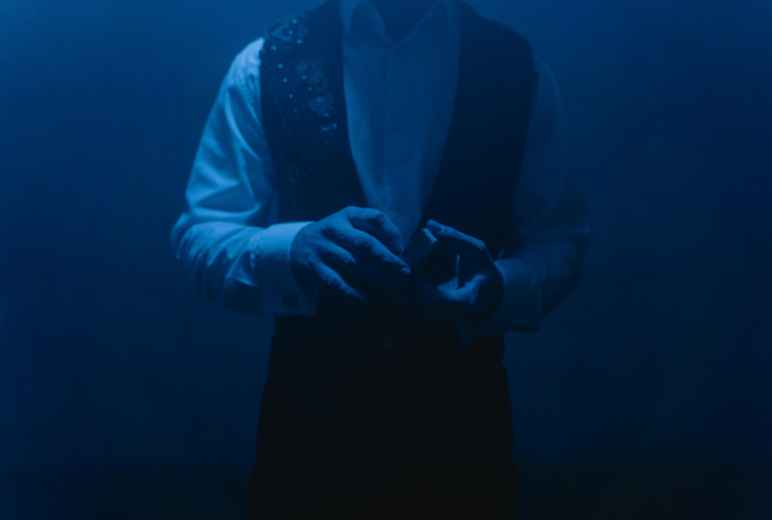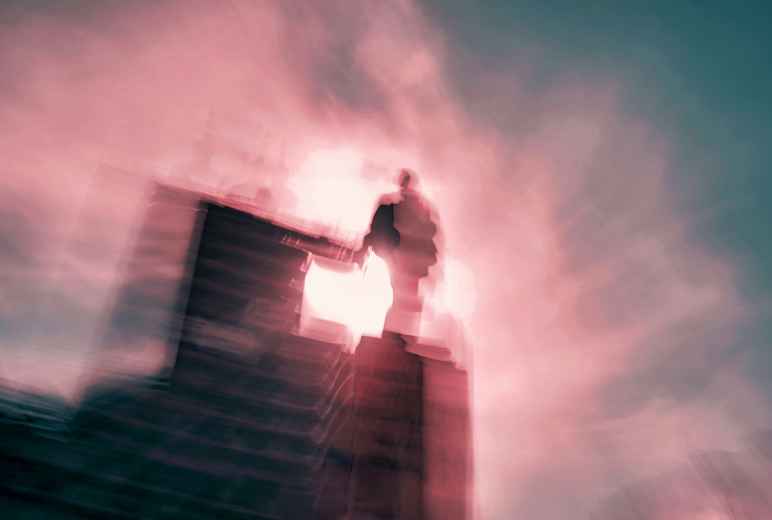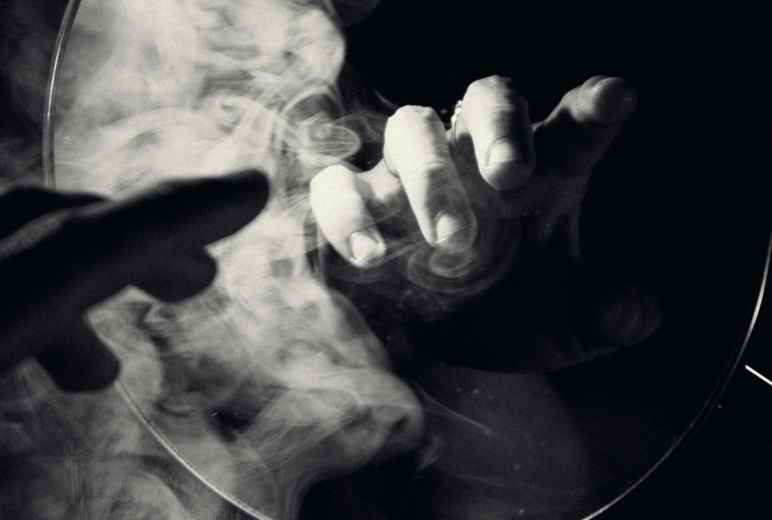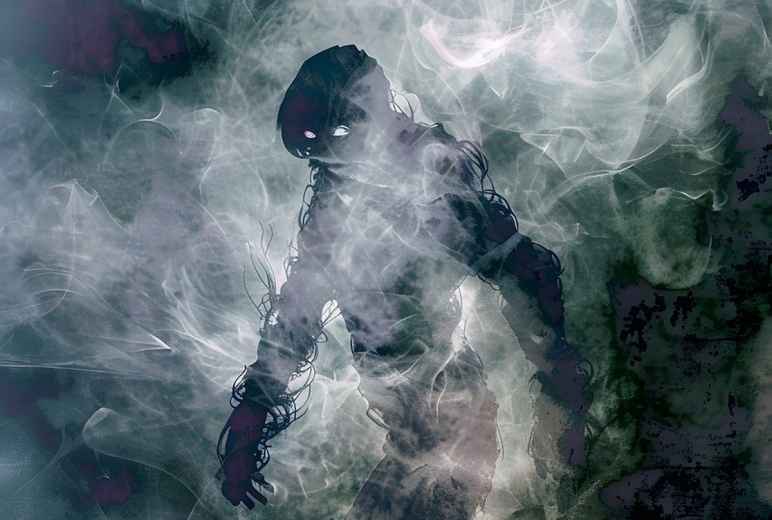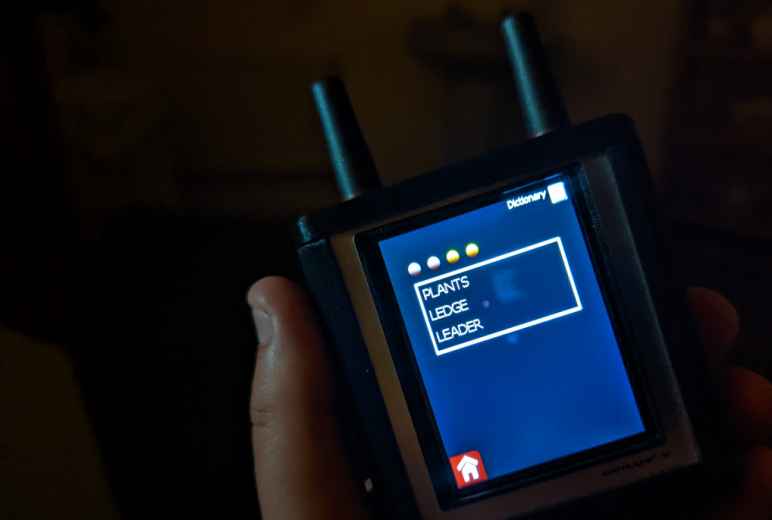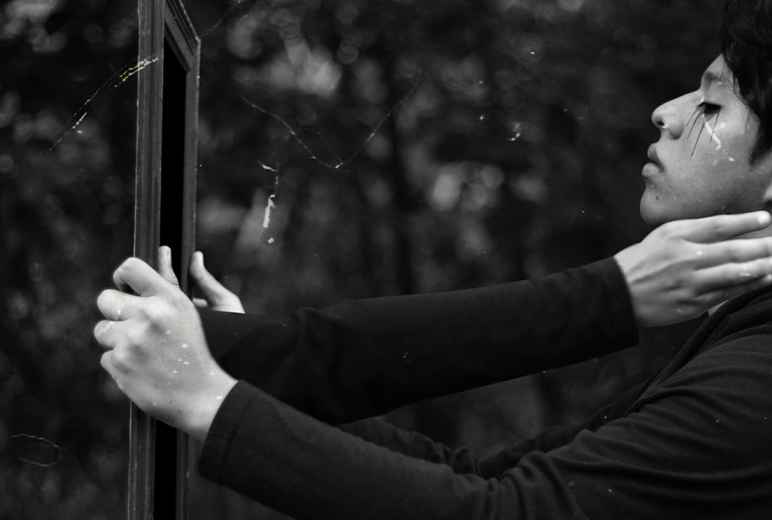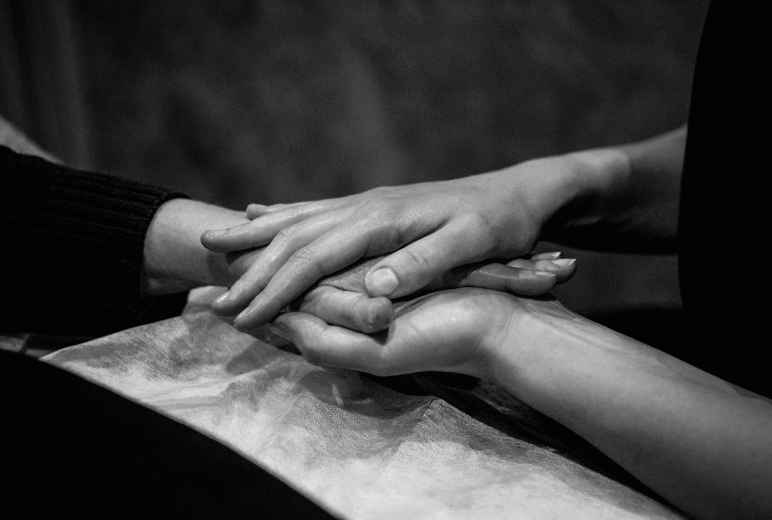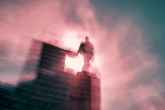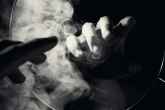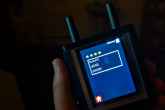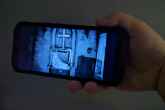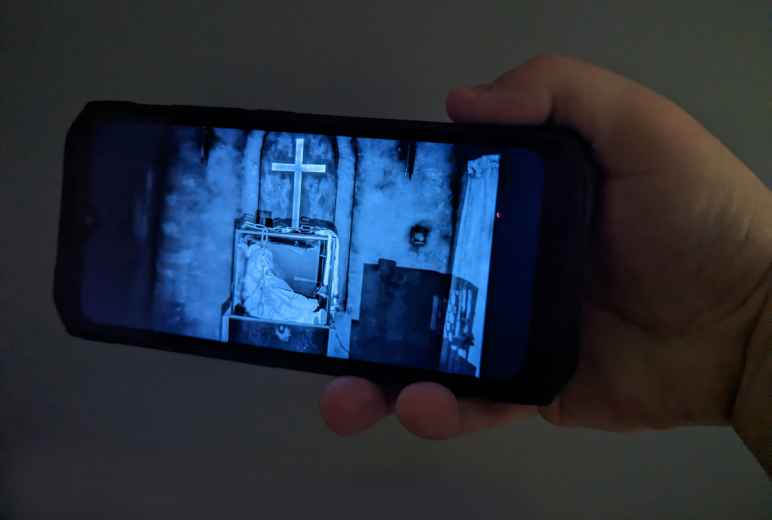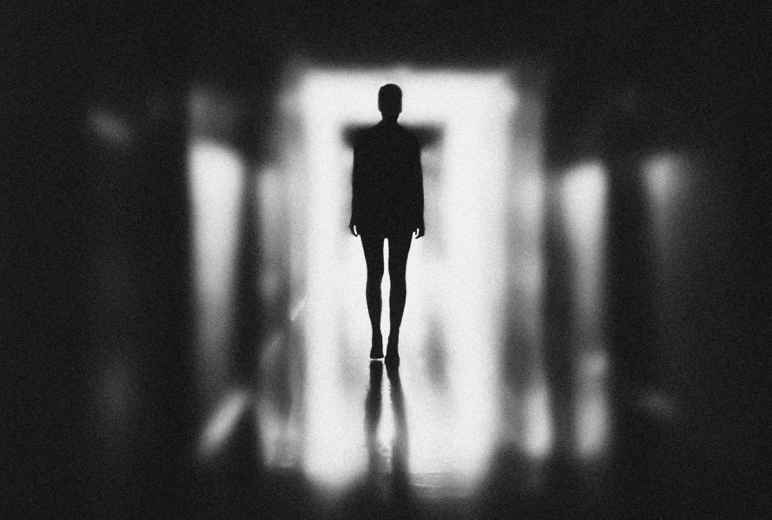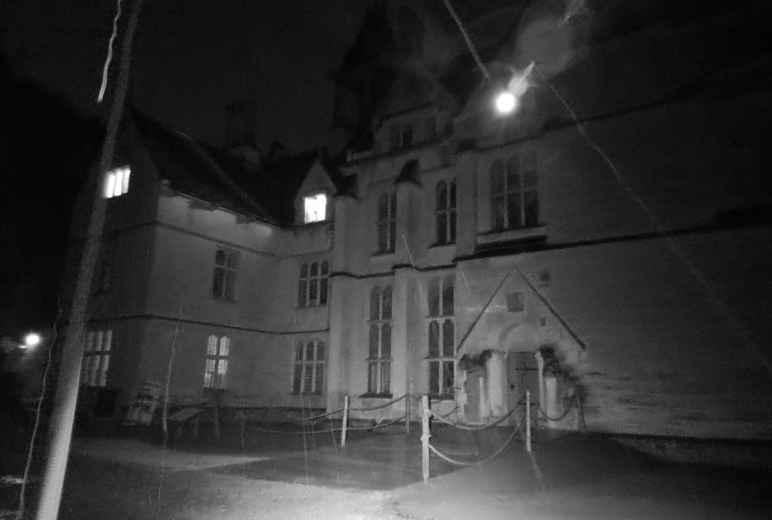Claircognisance: The Gift Of Clear Knowing Explained
February 25, 2024 1:00 AM ‐ Paranormal • Psychic Readings
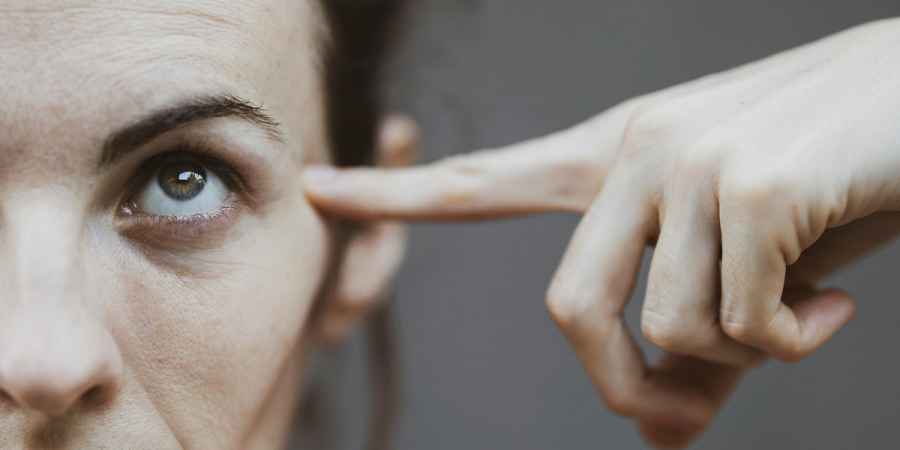
Photo: © Engin Akyurt
Claircognisance is one of the several types of extrasensory perception (ESP) abilities that some claim to possess, alongside better-known types such as clairvoyance and clairaudience. The term "claircognisance" itself is derived from French, with 'clair' meaning clear and 'cognisance' indicating knowing - it translates to "clear knowing."
Individuals who possess this ability report a sense of just "knowing" something without understanding how or why they know it. This knowledge can arrive in their consciousness suddenly, unexpectedly, and without any prior evidence or reasoning to support it. It's as if a thought or piece of information is placed directly into their mind from an unknown origin. There's often no warning, no buildup, and no logical reason for this knowledge to appear at that moment.
The knowledge received through claircognisance can include knowing facts about people, places, or events that they have had no prior exposure to or instantly understanding complex concepts without needing to learn them in the traditional sense. It might be a fact about a person or place they have never encountered, a solution to a problem they weren't consciously pondering, or a sudden insight into a situation they had no prior knowledge of. Sometimes, it's an awareness of an event happening at a distance or a prediction about something that will happen in the future.
For example, someone might have a sudden and unexplainable knowledge of a loved one being in danger, or they might know the answer to a question that they have never consciously considered before.
Individuals who experience claircognisance might initially question where the information came from or doubt its validity. However, over time, many learn to trust the accuracy of these insights. Processing this information often involves separating it from their own thoughts, biases, and emotions to recognise it as something that has come from outside their conscious reasoning or sensory perception.
If claircognisance exists as a genuine psychic phenomenon, its operational mechanics would need to extend beyond the current scientific understanding of the human mind and sensory perception. Like other supernatural phenomena, paranormal researchers have proposed theories in an attempt to explain the mechanism behind claircognisance.
Some theories point towards the concept of the collective unconscious, as proposed by psychiatrist Carl Jung. It suggests that humans inherit a set of shared memories and ideas from our ancestors. Similarly, biologist Rupert Sheldrake's theory of morphic resonance posits that natural systems inherit a collective memory from all previous things of their kind through 'morphic fields.' These fields influence patterns of behaviour and thought. Claircognisance could, in theory, be explained by an individual's ability to tap into this collective pool of knowledge and memory, accessing information relevant to their current situation or question.
Some theories propose that all consciousness is interconnected and part of a universal or divine consciousness, although we are only aware of our own perspective. If true, claircognisance could be explained as moments when an individual's consciousness accesses this universal consciousness, pulling specific knowledge or insight from a vast, interconnected network.
Claircognisance is part of a group of psychic abilities that allow individuals to gain information through means beyond the conventional five senses. Clairvoyance is perhaps the best-known of these abilities and allows individuals to receive intuitive information through visions. There's also clairaudience, which involves receiving messages in the form of words, sounds, or music that are not audible to others. And finally, clairsentience, which is the ability to gain psychic knowledge through sensing or feeling, often emotionally or physically. Claircognisance is more abstract than these other methods as there is no sensory input. The acquisition of knowledge bypasses the conventional ways we receive and process information.
In the context of a stage performance, a psychic might use claircognisance to reveal information about members of the audience without having met them before. During a one-on-one psychic reading, claircognisants might use their ability to tap into information about the person they're reading for, offering insights that the individual hasn't voiced or perhaps hasn't fully acknowledged themselves. For instance, a psychic might suddenly know and share that the individual is facing a significant life decision.
A ghost hunter with claircognisant abilities might receive insights about a location or a spirit without any prior knowledge. This could include specific details about the history of a place, the identity of a spirit, or understanding the circumstances of a ghostly presence. These insights can guide the investigation, helping to focus efforts on particular areas or aspects of the haunting. In some cases, claircognisance might be used to provide a form of direct communication with spirits. The ghost hunter might receive clear messages or knowledge from the spirits themselves.
If used as part of a paranormal investigation, claircognisant information can sometimes be verified through historical records or by corroborating evidence collected during the investigation. For example, a claircognisant might know a name or a date that can later be matched to documented facts about the location.
The challenge with claircognisance, from both a practitioner's and a skeptic's perspective, is its verification. Because this knowledge can seem to come out of nowhere, proving its validity or tracing its source can be difficult. Skeptics might argue that what claircognisants claim to know could be deduced from logical deductions or subconscious intuition based on inner monologue, rather than knowledge from the spirit world or other external sources.
Intuition is a subconscious process that gives us the ability to know something directly without analytic reasoning, bridging the gap between the conscious and unconscious parts of our mind and between instinct and reasoning. It's often described as a gut feeling or a sense of 'just knowing' that something is right or wrong.
Perhaps claircognisance is just an advanced form of intuition. Our brains are constantly processing vast amounts of information, much of it below the level of our conscious awareness. This processing can lead to insights and realisations, those 'light bulb moments' that seem to come from nowhere.
Skeptics also highlight the role of cognitive biases and logical fallacies that may impact claircognisant experiences. Confirmation bias, for example, might lead individuals to remember instances when their "clear knowing" was correct while ignoring or forgetting the times it was not. Similarly, the Barnum effect - the tendency to find personal meaning in vague and general statements - can make generic information seem specifically relevant, causing people to believe they have accessed unique knowledge.
Despite the skepticism, many in the paranormal community value claircognisance as a tool for psychic readings, mediumship, and other paranormal investigations. It's believed that honing this ability can lead to greater insights and uncover information that isn't accessible through more conventional means. Training methods for developing claircognisance include meditation, mindfulness practices, and exercises designed to increase awareness and openness to receiving information from external sources.
More Essential Parapsychology View All
Related Content
Daily Horoscopes
You May Also Like
